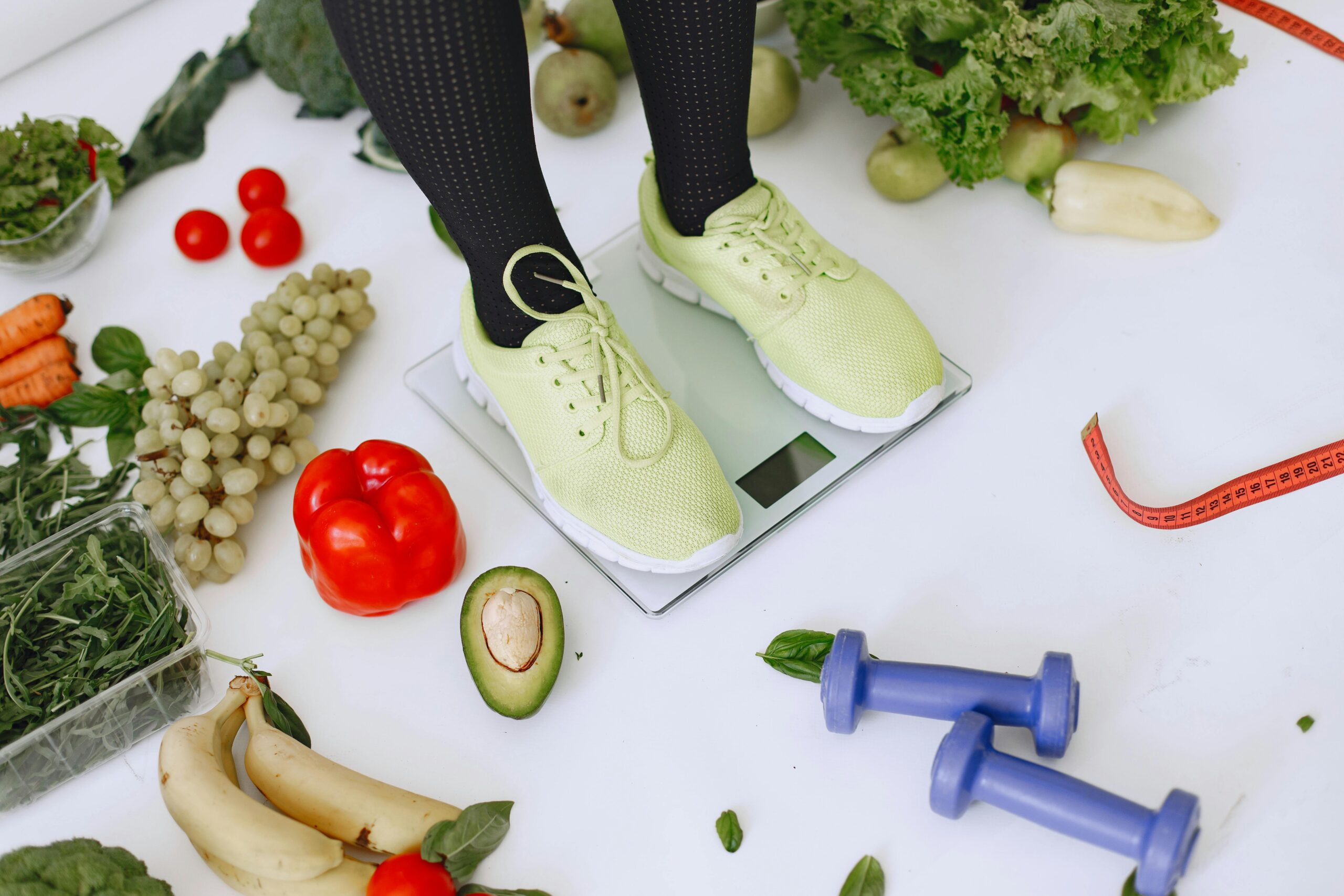The alkaline vegan diet is a dietary approach that combines the principles of alkalinity with a plant-based lifestyle. It focuses on consuming foods that are believed to create an alkaline environment in the body, aiming to optimize health and well-being. While the concept of balancing pH levels in the body is intriguing, it’s important to understand the science behind this diet and its potential benefits.
Understanding the Alkaline Diet:
The alkaline diet categorizes foods based on their potential to create an acidic or alkaline environment in the body after digestion. Proponents of this diet believe that an acidic environment can contribute to various health issues, while an alkaline environment supports optimal health. While the body has natural mechanisms to regulate pH levels, some people believe that consuming more alkaline-forming foods can help maintain a healthy balance.
Alkaline Vegan Diet: A Deeper Dive
An alkaline vegan diet takes the concept a step further by eliminating all animal products, focusing solely on plant-based foods. This approach offers a lot of potential benefits:
- Nutrient-Rich: Plant-based foods are packed with vitamins, minerals, antioxidants, and fiber, providing a solid foundation for overall health.
- Reduced Inflammation: Some studies suggest that an alkaline diet may help reduce inflammation in the body, potentially benefiting conditions like arthritis and digestive issues.
- Improved Digestion: The high fiber content of plant-based foods promotes healthy digestion and regularity.
- Weight Management: An alkaline vegan diet can support weight management by emphasizing whole, unprocessed foods and limiting calorie-dense, processed options.
Alkaline Vegan Diet: Food Focus
The cornerstone of an alkaline vegan diet revolves around a variety of plant-based foods:
- Fruits: Apples, berries, citrus fruits, melons, and avocados are all excellent choices.
- Vegetables: Leafy greens, broccoli, cauliflower, carrots, beets, and other vibrant vegetables are essential.
- Legumes: Lentils, chickpeas, beans, and tofu provide valuable protein and fiber.
- Whole Grains: Brown rice, quinoa, and oats are good sources of complex carbohydrates.
- Nuts and Seeds: Almonds, chia seeds, flaxseeds, and walnuts offer healthy fats and protein.
Creating a Balanced Alkaline Vegan Meal Plan
To ensure you’re getting all the necessary nutrients, consider the following meal planning tips:
- Protein Power: Incorporate a variety of plant-based protein sources like tofu, tempeh, lentils, and beans into your meals.
- Healthy Fats: Include sources of healthy fats like avocados, olive oil, nuts, and seeds for energy and nutrient absorption.
- Calcium and Vitamin D: While dairy is off-limits, you can obtain calcium from fortified plant-based milk alternatives, leafy greens, and tofu. Get vitamin D from sunlight exposure or supplements.
- Iron and Vitamin B12: These nutrients can be challenging to obtain on a vegan diet. Include iron-rich foods like spinach, lentils, and fortified cereals, and consider a vitamin B12 supplement.
Alkaline Vegan Diet: Considerations and Cautions
While the alkaline vegan diet offers potential benefits, it’s essential to approach it with caution:
- Nutrient Deficiencies: Careful meal planning is crucial to avoid deficiencies in essential nutrients like iron, vitamin B12, calcium, and omega-3 fatty acids.
- Restrictive Nature: The diet may be restrictive for some, limiting social interactions and food choices.
- Lack of Scientific Consensus: The concept of blood pH balance and its impact on health is still debated among experts.
- Individual Needs: Consult with a healthcare professional or registered dietitian before making significant dietary changes, especially if you have underlying health conditions.
The Bottom Line
The alkaline vegan diet can be a nutritious and sustainable choice for many people. However, it’s essential to approach it with balance, moderation, and a focus on whole, plant-based foods. Listen to your body, and if you have any concerns or questions, consult with a qualified healthcare professional.
Remember, sustainable dietary changes are about finding what works best for you and your individual needs. Focus on nourishing your body with wholesome foods, and enjoy the journey to a healthier, happier you!


